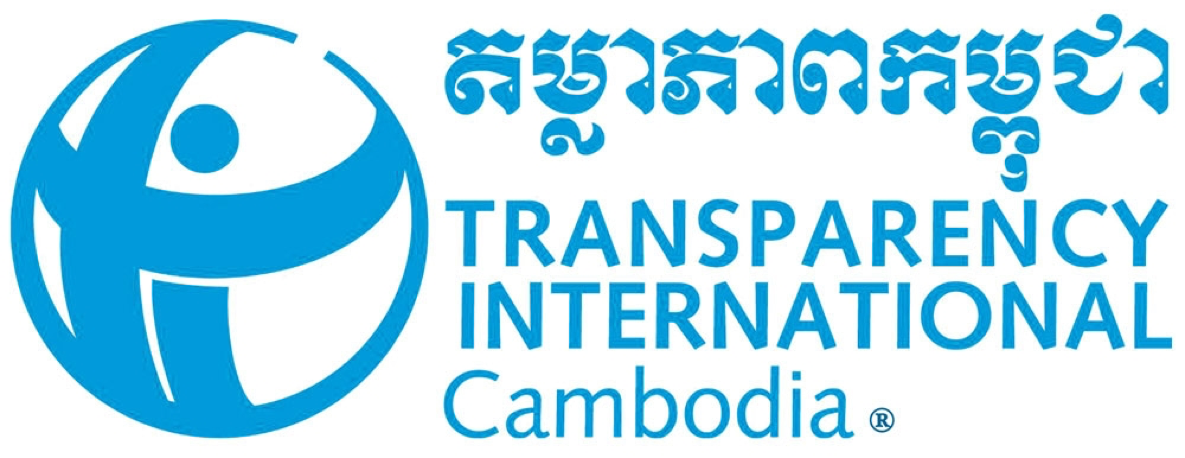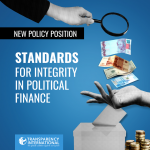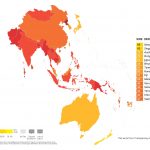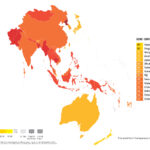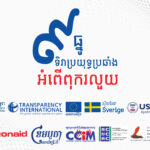The right to know is crucial in a crisis
COVID-19 is no reason for restrictions on freedom of information
This International Right to Know Day, we call on all governments and public authorities to ensure that the ongoing COVID-19 crisis is not a pretext for limiting citizens’ right to information. Legal and practical processes for accessing information should now be restored to pre-pandemic levels and even improved upon.
The transparent and timely sharing of information with the public, on both a proactive and reactive basis, is crucial for protecting public health, preventing corruption, safeguarding democratic institutions and improving policy and-decision-making. However, more than six months after the declaration of the pandemic, while many governments have found ways to return to normal operations despite challenges created by the pandemic, freedom of information requests continue to be delayed or refused. Crucial information about the pandemic and how governments are using public funds is not available to the public in many places. This impairs citizens’ rights to access information, participate in public discourse and hold their government accountable.
In many countries, legitimate public health concerns mean that the rights to assemble and move freely are being curtailed. Other democratic processes such as in-person meetings with and between elected representatives are being restricted. The ability of media and civil society to travel freely to report, document and expose the abuse of power is also being severely reduced. In these circumstances, access to public information becomes even more critical.
Access to information is a key tool for investigative journalists and NGOs to monitor the work of government institutions. With widespread examples of corruption and poor, often non-inclusive, policies undermining COVID-19 responses and recoveries around the world, open and transparent government matters now more than ever. Humanitarian aid and trillions of dollars of emergency financing must not be left open to abuse while citizens remain in the dark about its use and allocation.
Lessons learned from the first six months of the pandemic show that trust in public officials is crucial for effective government-led responses that minimise the impact of COVID-19 on lives and livelihoods. This trust will be lost if governments do not openly share information with citizens, thereby undermining compliance with public health directives and other measures to stop the spread of the disease.
Citizens cannot participate in governance without access to information. Access to information is essential for empowering citizens to hold governments accountable. Freedom of press, freedom of expression, and the achievement of the Sustainable Development Goals cannot be ensured without access to information.
As countries (re-)introduce restrictions on public life due to COVID-19, preparation for such measures should always include mechanisms to allow the continuation of government functions that are crucial for citizens’ democratic rights. Ensuring the public’s unobstructed access to information of which they are rightful owners must not be overlooked.
Governments must immediately restore laws and practical systems for implementing access to information to pre-pandemic levels and improve them in line with international standards and best practice.
*ENDS*
Transparency International
Access Info
Article19
Center for Law and Democracy
 English
English